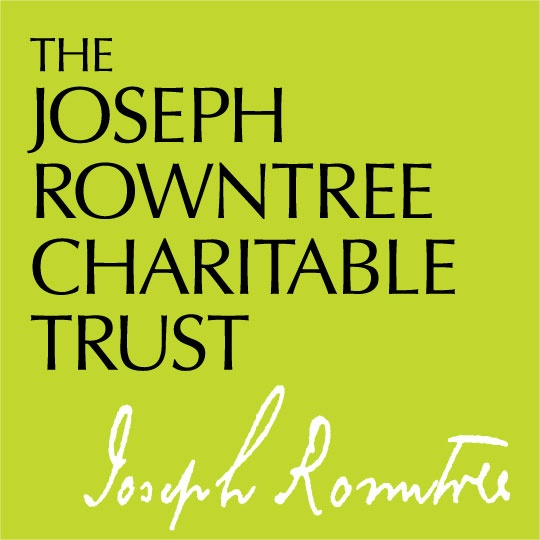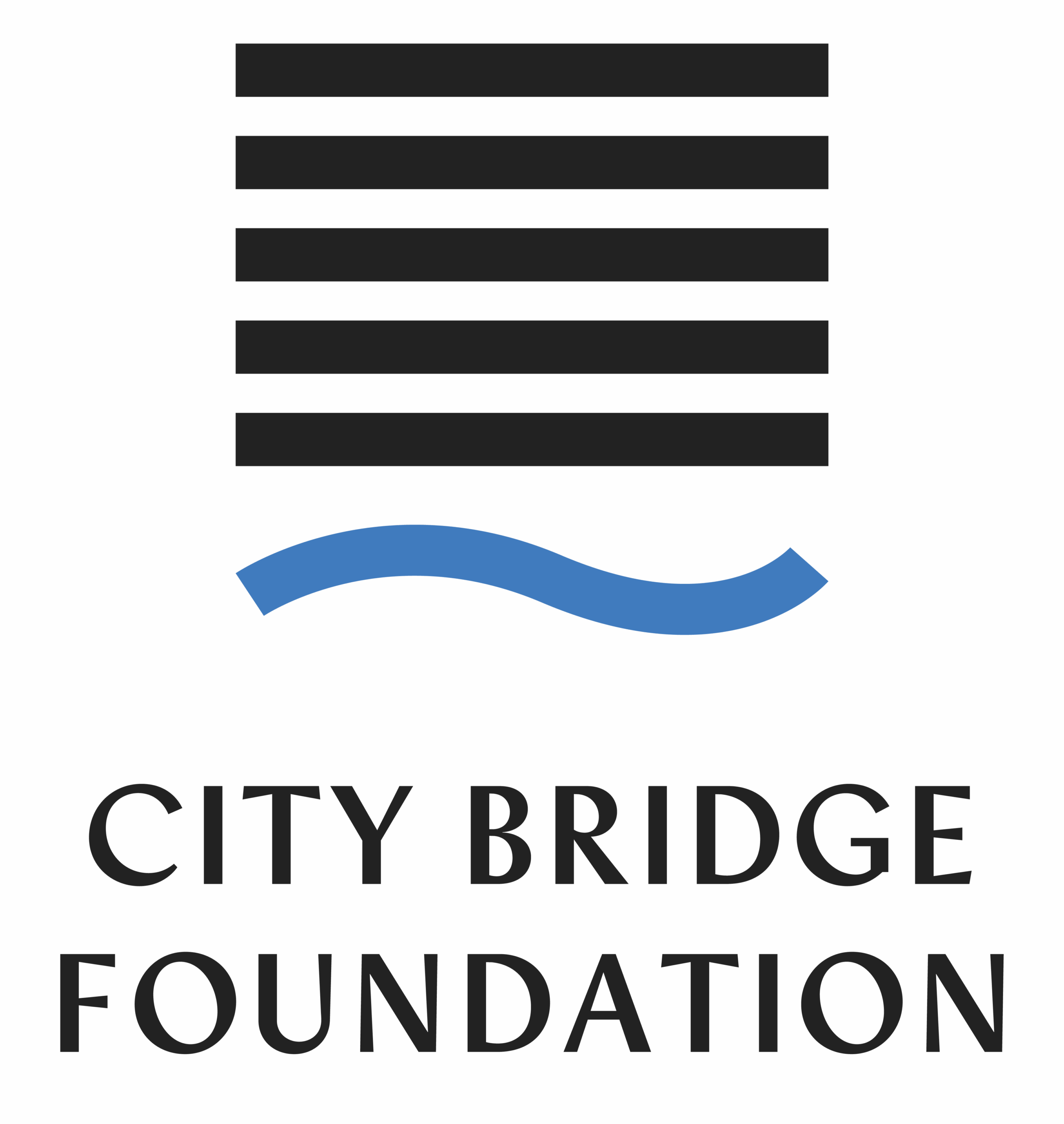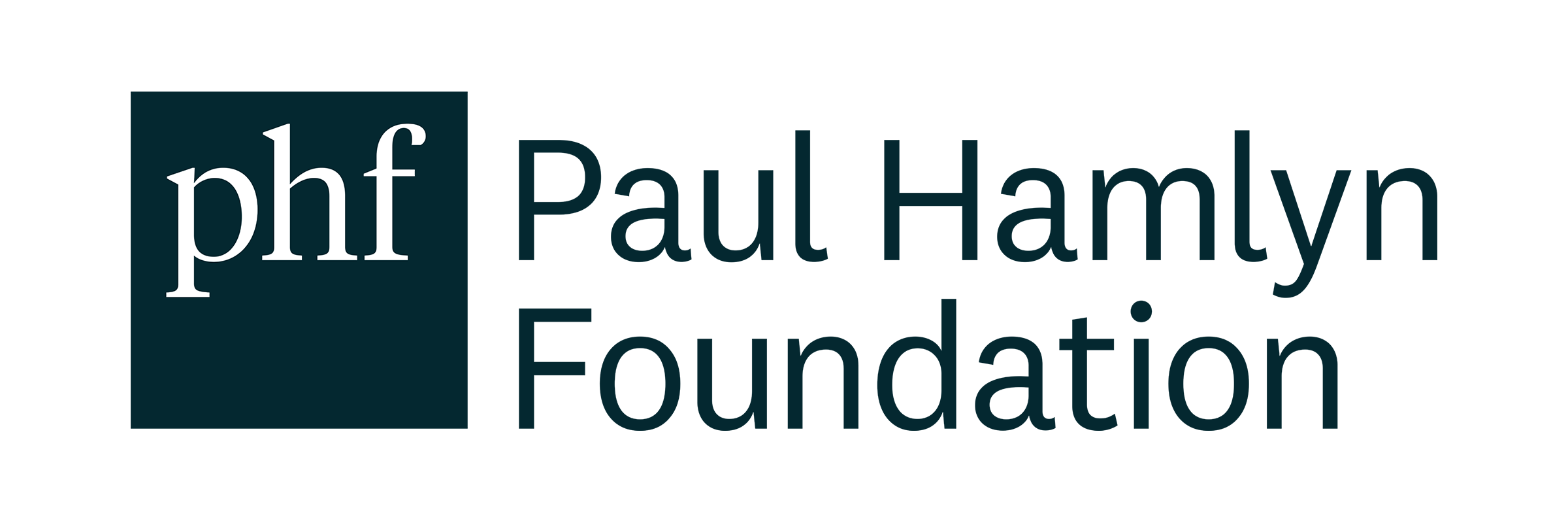Reflections on DPOs and Young People Roundtable Event
Our Voice Youth Project Co- Lead, Yewande Akintelu-Omoniyi, reflects on how Disabled People’s Organisations can engage and empower Young Disabled people in leadership and activism work.

My name is Yewande Akintelu-Omoniyi. On the 15th of May 2025, I co facilitated the in-person DPOs and Young people event alongside Stronger Voices Project Lead, Lani Parker. Youth Parliamentary Co- Lead, Maresa MacKeith also attended. The event focused on how Disabled People Led Organisations (DPOs) can better engage Young Disabled people in leadership roles and activism. I also gave a speech on ALLFIE’s Our Voice project, about my role as Co-Lead, and project highlights and challenges so far.
It was my first time being part of a roundtable discussion of DPOs. I really enjoyed the experience. The roundtable format allowed everyone to share their thoughts and opinions freely in a safe space. It was interesting to hear DPOs thoughts and views about the work, the challenges involved in doing activism work with Young people, and the work they would like to do in the future.
To open the roundtable two questions were asked of the attendees:
- If you are over 30 what did good support look like did when you were younger?
- If you are under 30 what does good support look like now?
The answers for both questions were almost identical and included responses such as:
“A welcoming environment, a place where I can be myself, my access needs being considered, a place where I can feel seen and heard.”
These answers stood out to me because they showed that no matter what work we do with Young people, the core principles of supporting Young people don’t change. We need to keep these principles at the forefront of everything we do. Young Disabled people want somewhere they can belong, to feel like they are part of a community, and they want to be empowered.
When we examined the challenges DPOs face when involving Young people in activism and leadership work, a barrier that kept coming up was funding and resources. DPOs are funded mostly to do service delivery, with limited budgets, and are also often made to prioritise adult services. This creates problems with staff having not having enough time, capacity and money to do work with Young people. It angered me to hear the pressure that DPOs are under.
During my speech about the Our Voice project and the work we have done so far, I got the chance to share the project’s highlights so far, which include:
- Our Voice group becoming involved in other ALLFIE campaigns, like the End Torture campaign.
- Another positive is Our Voice members being involved in other social justice movements, such as the gender justice movement. This is important because Our Voice is an intersectional project, and it is essential to ensure that the Disabled People’s Movement is intersectional, including Young people from different backgrounds with multiple identities so that the movement can evolve.
- We have also had two Our Voice members who have gained employment from being part of the project, including one Young person who used their article about being involved in the End Torture campaign and speaking in Parliament at their job interview to secure employment.
- A Young person who was a member in the first iteration of Our Voice is now a trustee on the ALLFIE board.
- While we suggest topics to cover, ultimately the project is led by the Young For example, in 2024 they chose to examine and write an Inclusion Now magazine article on the barriers they experience during post 16 transition from education to employment, under the topic of “Dream Jobs”, focused on the inequalities between Supported Internships and Apprenticeships.
At the roundtable we also discussed the other barriers faced by DPOs when trying to engage Disabled Young people in leadership and activism work, which echoed the challenges our project has faced, including:
- Challenges that DPOs face from parents, and professionals such as other youth services. For example, they might not understand the aims of the work or not want their Young people to participate in the Disabled People’s Movement, viewing it as too political or radical for Young Disabled people.
- Time, money and commitment can prevent Young people from being part of activism. Even if they do want their Young people to engage in activism, parents and guardians may not have time, money, resources and the connections to seek out these campaigning opportunities. This becomes even more challenging when Young people have other commitments such as their education or leisure activities, or if they don’t have access to Personal Assistant (PA) support.
- Many DPOs are set in their ways and resist new and modern ways of campaigning to engage Young people with the movement, such as campaigning and raising awareness through social media.
ALLFIE held the roundtable to further our support of other DPOs in the process of engaging Young people through the Stronger Voices project. DPOs were able to share good practice and how to support each other through barriers that they have faced. One DPO shared a great example of good practice – their organisation created a youth board of Disabled Young people.
In conclusion, being part of the roundtable showed me that DPOs want to do more work with Young people, but they cannot do that without proper funding. Funders need more understanding of how important activism and leadership work with Young people is and focus on giving DPOs the time, capacity and skills to work with them. Funding this work for Young people should be a priority for funders and is essential so that the Disabled People’s Movement work can continue and be sustainable for future generations.
![ALLFIE [logo]](https://www.allfie.org.uk/wp-content/themes/allfie-2025/assets/img/allfie-logo-original.svg)




